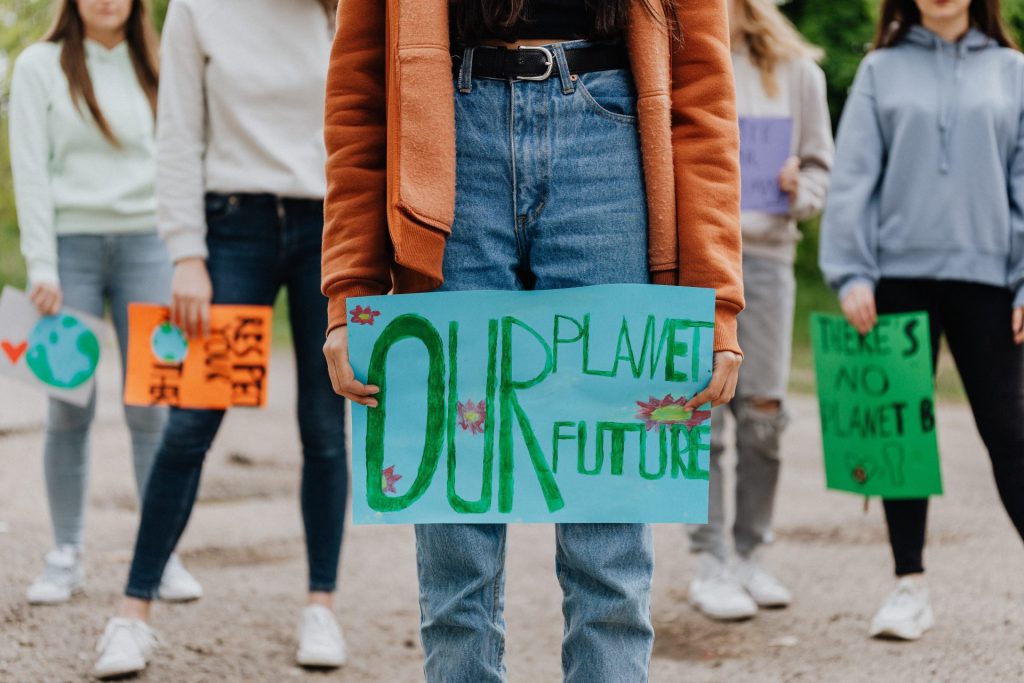
The UN General Assembly just adopted a resolution calling on the International Court of Justice to strengthen countries’ legal obligations to protect communities from climate disasters. The vote has been hailed as a historic victory for climate justice.
In Laudato Si’, Pope Francis is clear:
“Many of those who possess more resources and economic or political power seem mostly to be concerned with masking the problems or concealing their symptoms, simply making efforts to reduce some of the negative impacts of climate change. However, many of these symptoms indicate that such effects will continue to worsen if we continue with current models of production and consumption. There is an urgent need to develop policies so that, in the next few years, the emission of carbon dioxide and other highly polluting gases can be drastically reduced, for example, substituting for fossil fuels and developing sources of renewable energy”. (LS 26)
The Laudato Si’ Movement has expressed its position in the voice of Lindlyn Moma, Director of Advocacy: “The UN General Assembly’s announcement underscores that climate injustice is a form of criminality perpetrated by those with greater power (like China and the USA) who are responsible for the climate crisis but are not doing enough to combat the climate crisis”, she said.
“The recent advisory opinion from the International Court of Justice on the nexus between climate change and human rights represents a crucial milestone towards ensuring justice for marginalized communities that have contributed the least to the crisis but bear the brunt of its impact”, added later.
Furthermore, Fr. Eduardo Agosta Scarel, Senior Advisor, said: “LSM takes the resolution with positivity, given that it takes concrete and safe steps on the way out of the current impasse in terms of science-backed climate change mitigation, and manages to frame future Climate Change negotiations at the United Nations, i.e. future COPs, within the framework of international legality and the need to generate a new, binding legal framework, such as a Fossil Fuels Non-Proliferation Treaty.”
He also explained that “the resolution is asking the International Court to issue an informed opinion on the legality or otherwise of the current failure of States to comply with the existing normative framework to care for the earth’s climate, and to highlight inconsistencies, non-compliance and loopholes. States have obligations to protect the climate under existing international law, for example the IPCC as a scientific decision-making instrument.”
Finally, Agosta marked: “The United States and China, the two largest emitters of greenhouse gases globally, have a vested interest in ensuring that the legal basis for climate justice is not made clear. The resolution calls for clarity on what obligations states have, which they prefer not to be clear. As citizens of the earth, we can no longer listen to false promises of carbon capture and storage as a technological solution to climate change, let alone climate geoengineering, but rather to the phasing out of fossil fuels as the main energy source. This will clearly need to be accompanied by structural changes in consumption, production and lifestyle patterns to adapt to the reality of renewable energy”.





